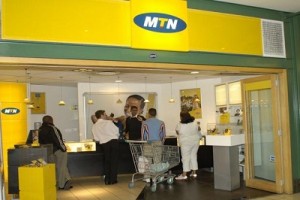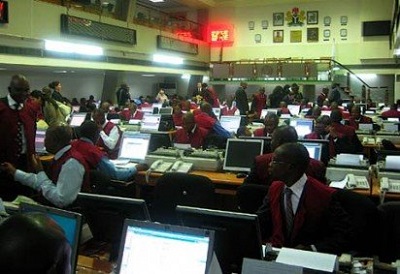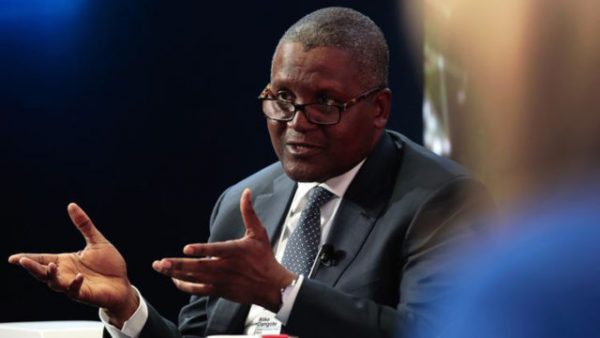Telecoms Giant MTN Agrees To Pay Nigerian $1.7 Billion Fine
 South African telecoms giant MTN said Friday it would pay a $1.7 billion fine to the Nigerian government in a “full and final settlement” over its failure to disconnect unregistered mobile phone users.
South African telecoms giant MTN said Friday it would pay a $1.7 billion fine to the Nigerian government in a “full and final settlement” over its failure to disconnect unregistered mobile phone users.
The company said in a statement that “MTN Nigeria has agreed to pay a total cash amount of Naira 330 billion over three years.”
Africa’s biggest wireless operator was fined $3.9 billion last year and has since been in negotiations with the government over the payout.
Meanwhile, the Nigerian Communications Commission (NCC) revealed that only MTN showed interest in the 2.6GHz frequency spectrum, which it auctioned.
The Executive Vice Chairman, NCC, Prof. Umar Danbatta, made this disclosure, thereby ending the suspense on the identity of the sole bidder.
Danbatta spoke while receiving a consortium of international investors in Abuja, led by officials of UBS South Africa, saying, “The commission will soon meet with the other operators to find why they shunned the recent auction.”
The NCC had on May 20, 2016, stated that since there was only “one qualified bidder”, who wanted six slots out of the 14 available for sale on the 2.6GHz spectrum, there was no need to conduct an auction again.
The commission had set a reserve price of $16m (N3.2bn) for a slot of the frequency spectrum. One lot or slot of the frequency is made up of two portions of 5MHz. With MTN now emerging as the qualified bidder, it will be required to pay a total $96m (N19.2bn) for the licence – a cumulative 30MHz in the 2.6GHz Frequency.
The commission’s statement confirmed The PUNCH’s earlier exclusive report that potential investors had shunned the offer due to uncertainty in Nigeria’s investment climate.
Answering questions on the 2.6GHz spectrum auction, the NCC boss said, “We are doing a post- mortem and we have not yet met with the operators to find out why they did not bid, except one operator.
“The intention is to be able to know their reasons and to know in what way the regulator can come in to relax some of the conditions in the process, and if this relaxation can lead to more operators going for the remaining eight slots.
“I am sure the commission will be disposed to looking at the reasons that prevented other operators from coming forward to bid, except only one.”
The EVC stated that the commission incorporated elements of flexibility in its dealing with the operators in order to continue to sustain the growth in the sector, which he said, had the potential to provide an alternative to oil and gas.
Danbatta said the NCC was happy with the level of compliance with regulatory stipulations in general, “minus the MTN incident, which cast some sort of shadow on our regulatory derive to ensure sustainability and stability of the industry.”
He said, “I am happy we are putting that one behind us, and this is attested to by recent statistics by the National Bureau of Statistics that the industry recorded a growth of 0.5 per cent to Gross Domestic Product in comparison to the same period last year.
“In monetary terms, this is going to translate to over N1.4tn only in the first quarter of this year.”







